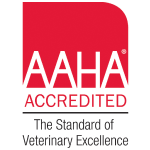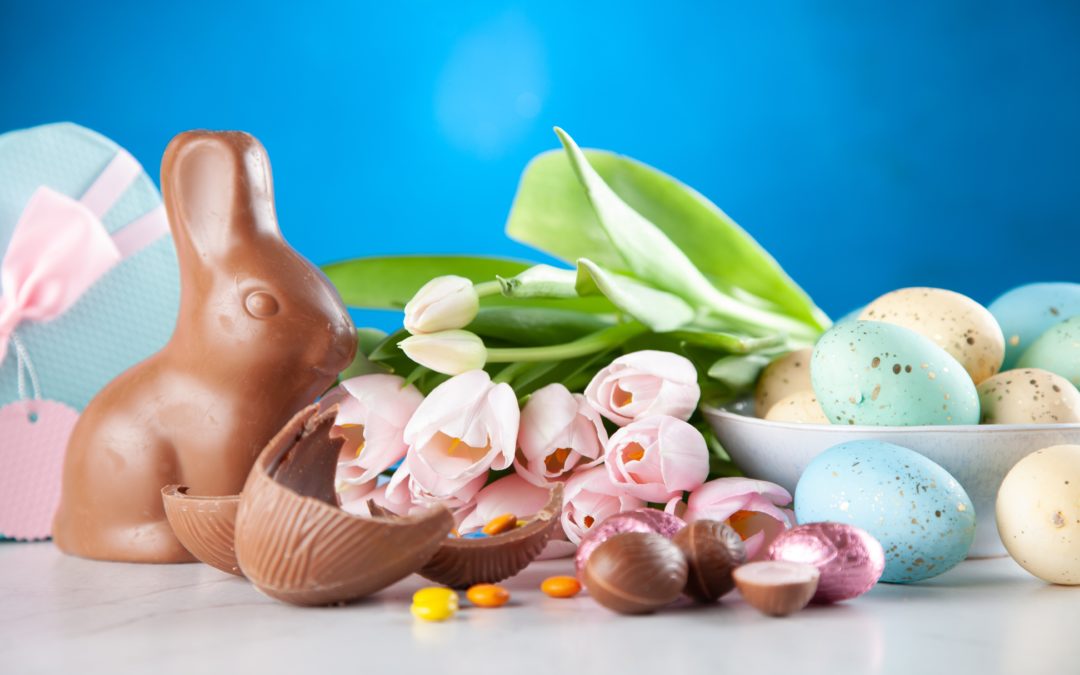Easter is around the corner, and before you know it, the Easter bunny will be knocking on your door! Holiday celebrations are a great time to show your furry friends some extra love. However, it’s essential that you take certain precautions to keep your pets safe.
Here are a few Easter dangers you should be aware of and ways to keep your pet healthy and happy this Easter season.
Seasonal Flowers – Keep the Easter Lilies Away!
While colorful spring flowers are a great way to bring some extra cheer to your Easter festivities, many seasonal plants can be dangerous for your pet. Easter lilies and many other members of the lily family are extremely toxic to pets and can even be deadly. Other toxic plants of concern include:
- Daffodils
- Hyacinths
- Tulips
- Azaleas
- Chrysanthemums
- Philodendron
Anytime you bring a new plant or flower bouquet into your home, it’s essential that you check whether or not your new decor is safe for your pet. Even if you are not a plant expert, there are a variety of helpful resources that can help you identify plants and determine which ones are a potential risk. Some of these helpful resources include the ASPCA’s Toxic Plant Guide and The Pet Poison Helpline.
Chocolate Overload
From chocolate eggs to chocolate rabbits, Easter celebrations are often full of delicious treats. Unfortunately, chocolate and other sweets can be dangerous for your pet. It’s essential to keep a careful eye on all of your Easter candy and make sure all treats are kept safely out of your pet’s reach.
If your pet gets into your stash of chocolates, they may experience a variety of symptoms, including vomiting, diarrhea, excessive thirst or urination, elevated heart rate, and seizures. If you notice any of these symptoms or you know your pet has consumed chocolate, it’s critical to get your pet veterinary care as soon as possible.
Decoration Disasters
Whether it’s the brightly colored grass filling your Easter baskets or the fake eggs for your Easter egg hunt, colorful plastics are a common theme when it comes to Easter decor. As something shiny and new, pets often mistake these decorations for a new chew toy or a tasty treat.
Unfortunately, decorations are not meant to be consumed and can cause serious harm to your pet. Plastic is not easily digested, and the remnants of your decoration can cause dangerous intestinal blockages. Pets who consume these decorations may experience abdominal pain, vomiting, diarrhea, and decreased appetite.
The easiest thing you can do to keep your pet safe is to keep your decorations out of your pet’s reach. Skip the plastic grass in your pet’s Easter basket and avoid setting out plastic eggs where your pet plays.
Final Thoughts
At South Hyland Pet Hospital, we take Easter safety very seriously. We hope this information will help keep your Easter celebrations fun and safe for everyone in your family. If you have questions about your pet’s health or would like to schedule an appointment, please give us a call at 952-884-1868. While we will be closed for Easter Sunday, please visit our emergency page to learn about urgent care and emergency options in our area.
We hope you and your pets enjoy a safe and Hop-py holiday!
Image credit: Pexels



